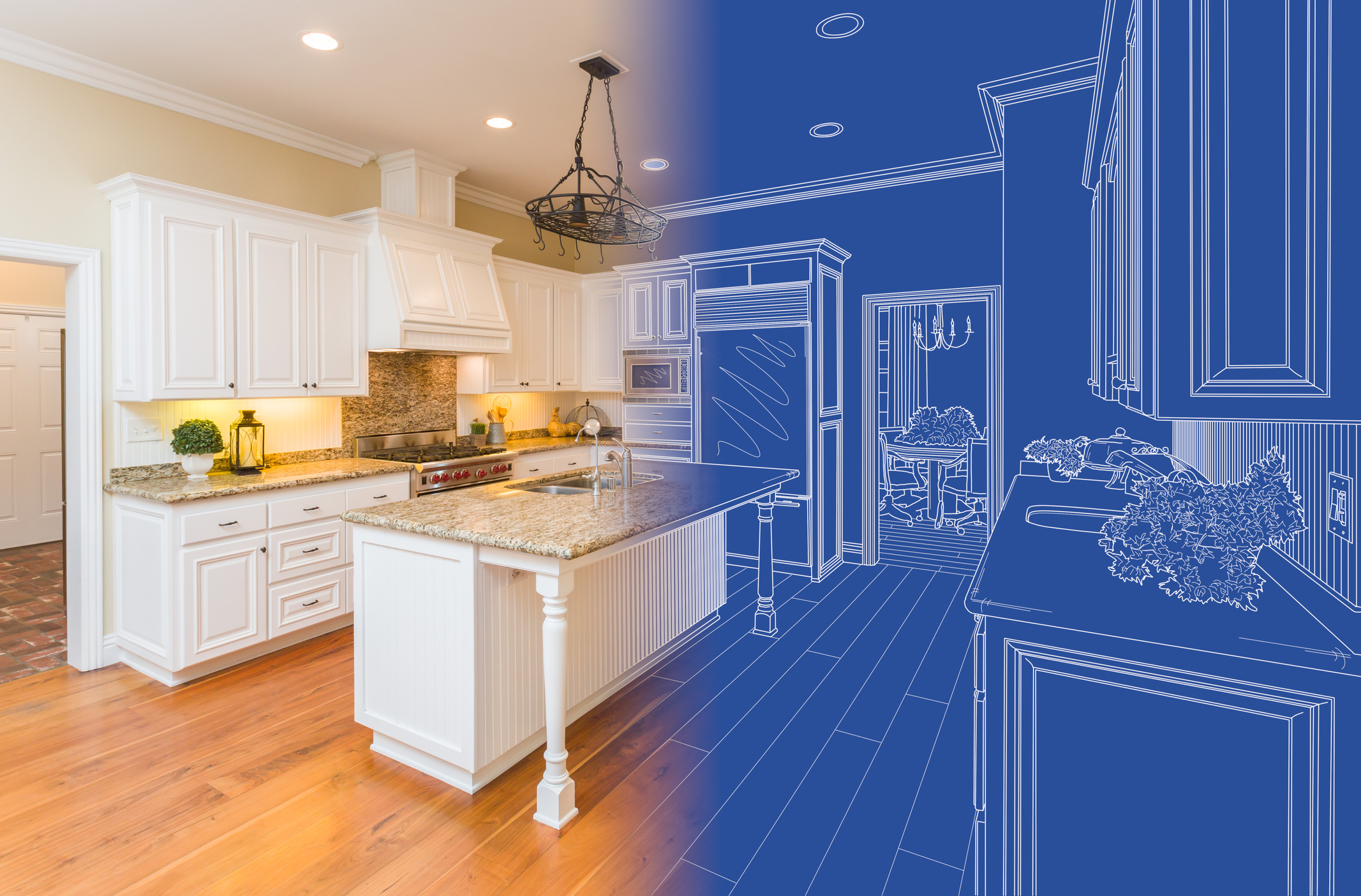
Warranty inspections help find issues early, potentially saving you money in the long run. Inspections are a proactive way to identify and have the issues or defects repaired before they escalate, ensuring your property remains in good condition.
Before your warranty expires, it’s wise to have your property inspected in the 11th month, just before your warranty expires. Most builders provide a one-year warranty on new homes, during which they address any issues that arise.
Through these inspections, you can address any warranty-covered concerns promptly, ensuring that your home remains safe and well-maintained for the years ahead.
Warranty inspections can help new homeowners spot potential issues early on, saving time and money in the long run. Here’s how they can benefit you:
During warranty inspections, common issues that are often identified include leaks, structural deficiencies, electrical problems, HVAC malfunctions, and plumbing issues. It is crucial to address these problems early on to prevent further damage and ensure the longevity of your property. Warranty inspections play a vital role in catching these issues before they escalate into more significant problems down the line.
Make sure to gather all your paperwork and documents related to the warranty. Take note of any issues or concerns you have regarding your home that you want to discuss during the inspection. Punctuality is key, so be ready and available at the scheduled time for the inspector’s visit.
The inspector will need access to any attic hatches, the electric panel, the furnace, the water heater, and the main water and fuel valves.
Performing warranty inspections is crucial to detecting potential issues early on and helping you avoid costly problems down the line. Warranty inspections allow you to identify any defects, faults, or issues covered by the warranty. By addressing these problems promptly, you can prevent them from escalating into more significant and expensive issues.

During a warranty inspection, a professional will thoroughly examine your property to pinpoint any issues that might fall under your warranty coverage. The inspector will evaluate the condition of various components, including the structure, exterior, roof, electrical system, heating, cooling, insulation, plumbing, interior, appliances, and fireplace.
They may also provide recommendations for maintenance to prevent future problems. Be prepared to receive a detailed report outlining any findings and suggestions for addressing them.
Each of these inspected areas is meticulously documented with descriptions, inspection limitations, and recommendations for repair or replacement in a PDF report. Typically, this report is emailed to you within 24 hours for your review and reference.
During a warranty inspection process, the home inspector will visit your property to examine it thoroughly. They will look for any signs of wear and tear, damage, or issues that may be covered by the warranty. Once the inspection is complete, the inspector will provide a detailed report outlining any problems found and recommendations for repairs or maintenance.
When working with a professional for your warranty inspection, you can ensure that any potential issues are identified early on. Professionals have the expertise to spot problems that may not be obvious to the untrained eye, helping you prevent future headaches. By investing in a warranty inspection, you are taking proactive steps to safeguard your investment and ensure the longevity of your belongings.
Once the warranty inspection is completed, make sure to review the inspector’s recommendations thoroughly. Address any issues they have identified promptly to prevent potential future problems. Consider scheduling any necessary follow-up actions, such as repairs or maintenance, as soon as possible. Keep a record of the inspection report and any actions taken for future reference. Regularly monitoring and addressing these recommendations can help ensure the longevity of your property.
Warranty inspections for your new construction in the first year are crucial for a trouble-free second year as a homeowner. It’s a proactive approach to maintaining your home and ensuring a smooth transition into your second year of homeownership.